Student Blog
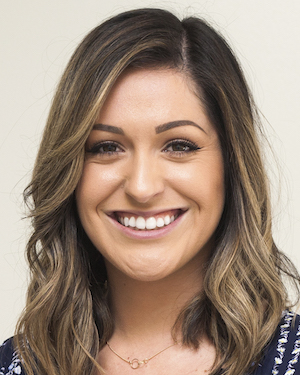
New School Year, New Home ⟩
September 7, 2018, by Melissa
I’ve recently made the move from Redondo Beach to Downtown LA in order to be closer to campus, and I couldn’t be happier. I never thought of myself as someone who could thrive in a bustling city, yet I find myself falling in love with the city more and more every day. Aside from being closer to campus, I get to do a lot more walking, which has been great for both my physical and mental health, especially since life has become more sedentary sitting in class for most of the day. Whether I’m going to the grocery store, checking out a new restaurant, or visiting a museum, I try to get there on foot as often as I can. Not only am I burning some extra calories and releasing some much-needed endorphins (to counteract the stress from grad school), I’m also avoiding the notoriously awful LA traffic. No matter how you look at it, it’s a win-win!
Downtown LA has grown tremendously in the last decade, and I feel like I’m hearing about a hot new restaurant or bar that’s just opened up every week! I’m subscribed to Thrillist in Los Angeles, which sends me updates on all the new stuff going on in LA, including downtown. I highly recommend subscribing if you’re looking for fun new things to do!
Kaitlyn, who was one of the student ambassadors last year, made a terrific list of some of her favorite places to eat in all of LA and some were here in downtown! I wanted to go a bit more in depth and share some of my favorite places to eat, as well as some other great places to check out here in downtown and the surrounding area.
Restaurants
Perch: this restaurant has some of the best views in downtown LA, the food is great, and the cocktails are amazing! An added perk is that the space itself is beautifully decorated and totally Insta-worthy. I love to go for brunch on a sunny weekend in LA.
Preux & Proper: I just went to this place last weekend after having it on my list of places to check out for months, and I’ve got to say it didn’t disappoint. The dishes are family-style, so going with a group of friends is perfect! Like Perch, the décor is awesome and unique, which adds to the experience.
Bar Ama: This is one of my favorite places to go to for delicious Mexican food. Being Mexican myself, I love their twist on traditional plates. Tip: they have a “Super Nacho Hour” from 5:30pm-7pm on weekdays, which is their version of a happy hour. You can get discounted food and drinks, including their super nachos!
Zinc Café in Arts District: For all of my vegetarians out there, this is a great place to go for delicious food and a ridiculously cozy atmosphere (see my picture below!) It’s a little hidden gem in the Arts District that has delicious food like wood fired pizzas and veggie pastas. Grab a table outside under the lights on a warm LA evening and you’re set.
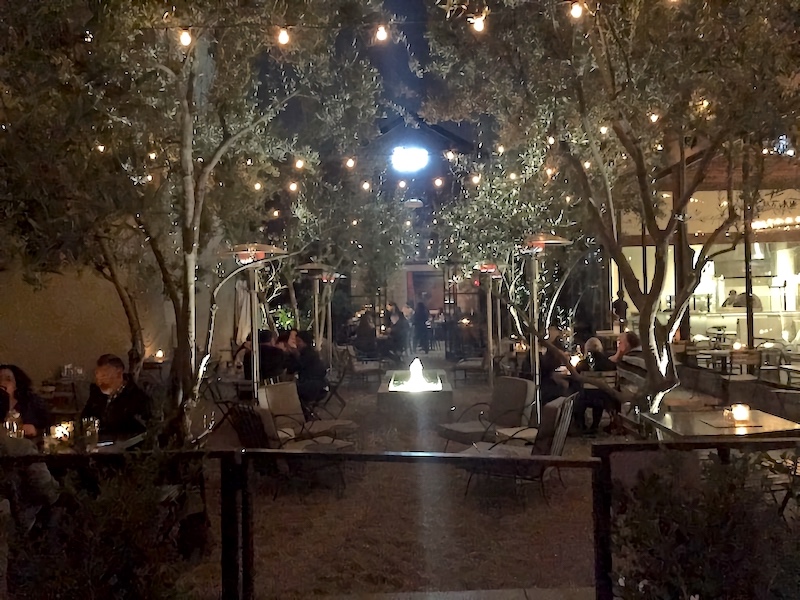
Zinc Café
Additional things to do
The Last Bookstore: I personally love a good book. This was one of the spots I was dying to go to when I first moved to Los Angeles and it did not disappoint! Not only does it have an extensive collection of books on sale, it also has so much character and is uniquely decorated. There are plenty of fun photo opportunities as well, and for my music lovers, they also sell records!
The Broad Museum: This museum is a must-see. It has one of the largest collections of post-war and contemporary art in the world, and they constantly have different exhibitions on show. One of the most memorable for me was the infinity room! Another great thing about this museum is that admission is free, which is always appreciated as a student.
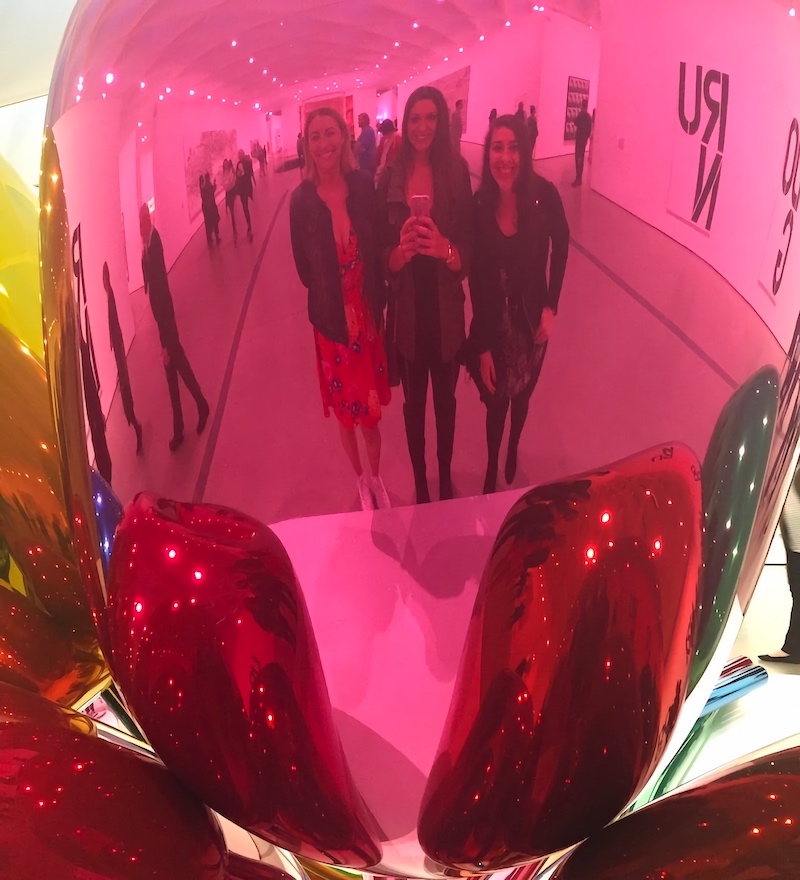
The Broad Museum
The Griffith Observatory/Griffith Park: I’m an avid hiker, so going to Griffith Park allows me to engage in that meaningful occupation and swing by the Griffith Observatory if I want to. The park offers an abundance of trails to go on (ranging from easy to hard) and the observatory offers some amazing views of LA and fun shows to watch!
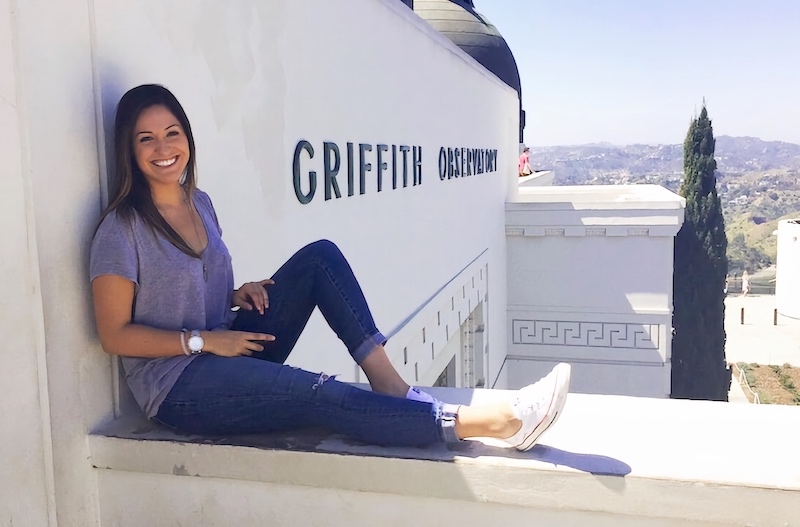
Griffith Observatory
Extra
Street Food Cinema: STF offers a variety of different movies at the park and it is one of my favorite things to do here in LA! The parks are all over Los Angeles, so if you don’t live near downtown, don’t fret! In addition to the movie, there’s a band that plays while the sun goes down, and there are a variety of food trucks parked nearby that offer delicious food! However you can always bring your own food and beverages and have a nice picnic.
I’m awful at taking pictures but I’m making a conscious effort to take more from now on so that I can share them with all of you! This is just the tip of the iceberg, so feel free to reach out for more recommendations! Happy exploring!
⋯
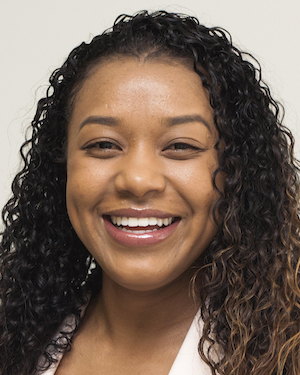
Lovely Day Spent on UPC ⟩
September 7, 2018, by Serena
USC has a few campuses. As an OT student I find myself at both the University Park Campus (UPC) and Health Science Campus (HSC).
University Park Campus, more commonly known as Main Campus, is most likely the campus you think of when you envision USC. It is where the undergraduate programs are located. Doheny Library, Tommy Trojan, and the main bookstore (which has 4 levels!!!) are all located on UPC.
HSC, Health Science Campus, is where most of the healthcare graduate programs are located, like the medical school, physical therapy department, and OCCUPATIONAL THERAPY department! It is also where Keck Medical Hospital and La County Hospital are located. As an OT student, you have all of your classes on HSC.
A few times a week, I take the free intershuttle tram or drive to study on UPC which takes about 20-30 minutes. I travel to UPC for MANY reasons but below I have listed three of my favorite places on UPC.
1. Kortschak Center for Learning and Creativity (KCLC)
Kortschak Center for Learning and Creativity (KCLC) is an academic support center for USC students. As graduate students, we can receive their services during walk in hours. KCLC holds individual academic guidance sessions, workshops, academic support groups, and quiet study spaces with yoga mats, ear plugs, and highlighters. They even have fidget toys that you can borrow when you are studying in the center! Academic coaches’ focus is on but is not limited to enhancing time management skills, goal-setting tips, and self care strategies to promote optimal academic success. Their website has many useful resources that you can access on their Tools and Resources page. The academic coaches are in the Postsecondary Administration and Student Affairs, Marriage and Family Therapy, Education in Educational Counseling, and of course Occupational Therapy program. I will be completing my Level I Fieldwork at KCLC this semester so I am looking forward to blogging and sharing my experience as an OT student at the center.
2. The Writing Center
The Writing Center is another great resource for USC students wishing to enhance their writing abilities. Their lovely writing consultants help you understand and problem solve using strategies that will allow you to be more self-efficient writers in the future. The Writing Center offers services in the form of both individual consultations and small-group workshops. As an OT student, you may find The Writing Center to be helpful with your in class papers, projects, and scholarships. In addition, if becoming a writing consultant is of interest to you while you are in the OT program, you can even apply to work part-time at the center and help other students excel!
3. USC Village
The USC Village opened in 2017 as a huge relief to many students who were missing their everyday shops like Trader Joe’s and Target. At the Village you can shop, dine, and exercise. You can even get your nails, hair, and eyebrows done because we all know the importance of self-care! 😊 For me, the relaxing and peaceful environment is the most attractive aspect of the newly built complex. Sitting under the umbrella tables next to the beautiful water fountain is one of my favorite places to study on UPC. It is also a nice area to meet other students pursuing other professional degrees.
Here I have highlighted just a few of my favorite places on UPC. As an OT student at USC, the number of resources are endless, which is one of the many reasons why I decided to complete my Master’s in Occupational Therapy at this wonderful institution. What a beautiful experience it is to be a part of a community that is always providing the best support and resources to their students. The USC community is always developing new ways to enhance their students’ ability to learn! If you have any questions, like always, please feel free to reach out to me!
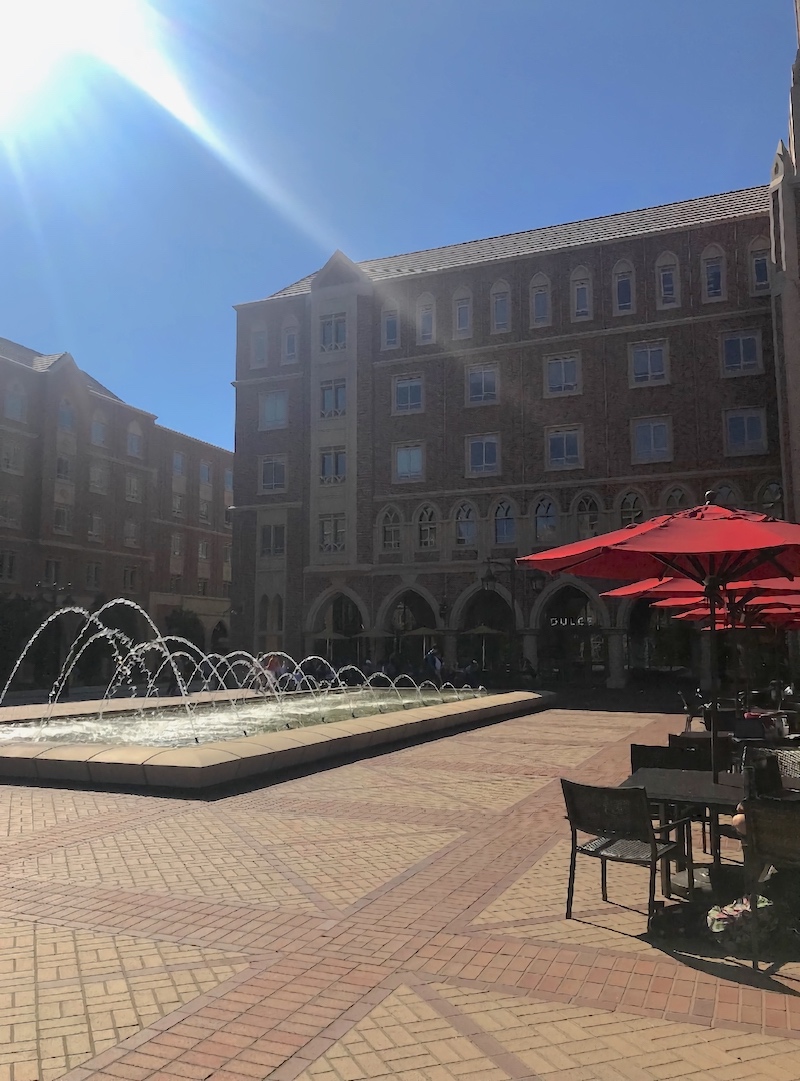
USC Village on University Park Campus (UPC)
⋯
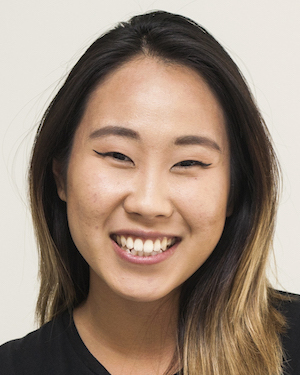
3 Reasons to Level 2 Out of State!! ⟩
September 6, 2018, by Joyce
For current and prospective students alike, I would urge you to consider an opportunity to complete your level 2 fieldwork outside of sunny state California. Here’s why.
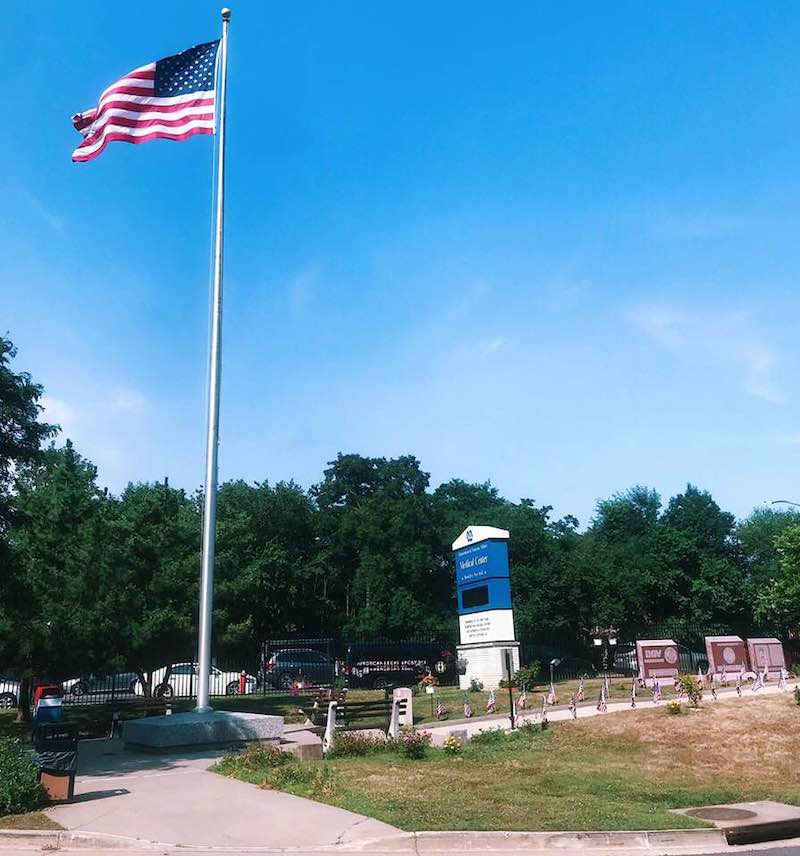
Experience a New City
This is the perfect time to travel and put yourself out there. I know it can be a scary thought (I’ve moved to two new cities already!). However, if the time isn’t now, then when? I truly believe that as students, we have the flexibility to travel without worrying about taking absence from work or using your paid time off’s. Go eat new foods, explore new restaurants, and meet great people!
Experience a New Culture
Hey, even if you’re still travelling domestically, culture varies by state and even by city. Growing up in NYC, we were always taught to grind and work hard. When I moved to Boston for my undergraduate career, the adjustment was difficult. The culture is slower paced and a lot more preppy, as if you stepped right into a J. Crew Magazine.The city is small and old yet rich with history. Now when I moved to Los Angeles, boy are the vibes different. People brunch at the weirdest times here, obsess over their dogs, and drink an unending amount of kale smoothies. I believe by working in settings outside of LA, especially if you never left LA, you get to experience various cultures and meet people from different walks of life. The more diverse your student experiences are, the more enhanced your clinical reasoning becomes and more refined your therapeutic use of self becomes.
Experience a Different OT
Having gone through two Level 1 Fieldworks and 1 Level 2, there is a difference between therapists who received their education on the west coast vs the east coast. Because my level 2 was in NYC, I had the opportunity to work with OTs and PTs who completed their degrees in New York. We bonded over deep conversations as we shared the major differences and similarities between programs. In this way, I got to understand their clinical reasoning and their experiences while at the same time sharing what I learned here at USC. Expanding your professional network within the rehabilitation field is another amazing perk of completing your fieldwork out of state!
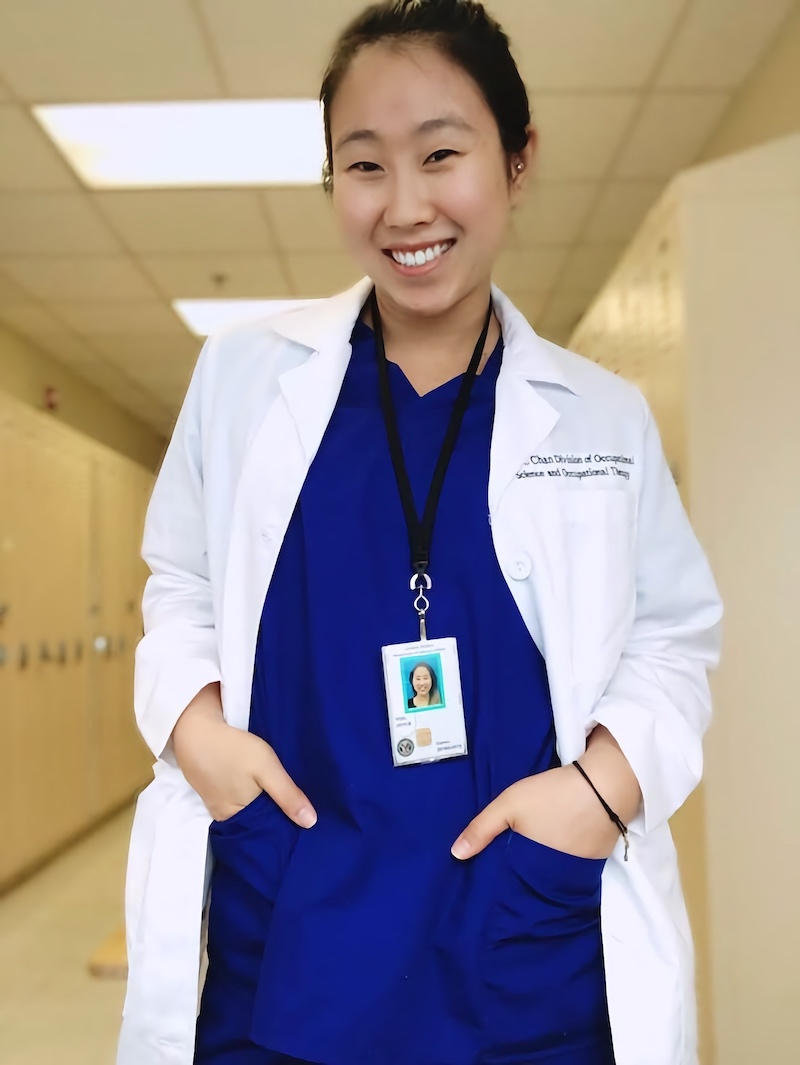
⋯
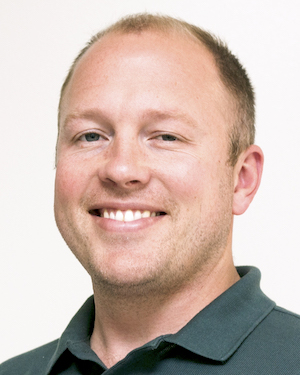
Play ⟩
September 6, 2018, by Evan
School is really the focus of my family at the moment. As I begin the last year of my master’s program my son is beginning his first year of preschool. We both get dressed in the morning, have some cereal together, and make our way to class. What we do there, however, is a little bit different. While I spend most of my day engaged in lively discussion with professors and collaboration with student colleagues, his main occupation at school is play — and this is just as it should be. Fred Rogers once said “play is often talked about as if it were a relief from serious learning. But for children, play is serious learning. Play is really the work of childhood.” To my knowledge Mr. Rogers wasn’t an OT, but with this statement he sure sounds like one! I love the sentiment, and am filled with gratitude when I consider what the occupation of play still brings to my life even though my own childhood is firmly in the rearview mirror. Whether playing with trains on the floor when I get home from work, “racing” to see who can put their shoes on faster, or playing the “quiet game” at church, I relish the opportunity to be pulled into the moment by my son’s insatiable appetite for play and am often impressed with how functional it can be for us both. Dr. Kingsley, my pediatric immersion professor, always encouraged us to frame therapeutic interventions into the context of play and now it’s easy for me to understand why. How cool to be in OT school learning things that are not just important for my future career, but also contribute to my being a mindful, deliberate, patient, and informed parent.
⋯
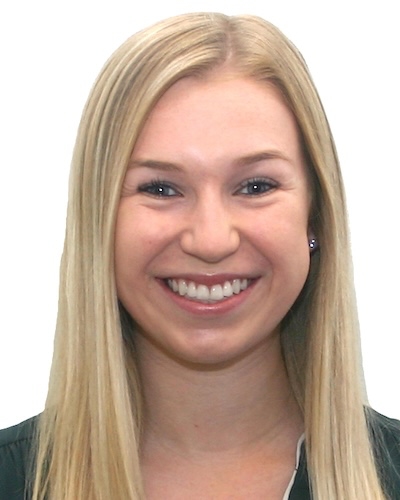
Preparing for Level I Fieldwork ⟩
September 6, 2018, by Jessica P.
At USC, our Level I Fieldwork is tied in with the 3 different immersion courses: Adult Physical Rehabilitation, Mental Health, and Pediatrics.
But wait . . . what is fieldwork? As Caroline explained here before, our Level I Fieldwork is a site that students go to once a week throughout the semester and one full week about halfway through the semester. We get experience in 3 different practice areas at a variety of sites across the Los Angeles area.
Whether it is your first Level I Fieldwork or your third, starting Fieldwork at a new site can be exciting and nerve-wracking. Here are my tips for preparing for Level I Fieldwork:
- Dress the part. On your first day, make sure you dress accordingly with the site’s dress code. Some sites may ask you wear scrubs and your white coat, while others may require business casual. I always error on the side of more formal because it is better to be more dressed up than down!
- Come prepared. Bring copies of all the documents you may need to start, such as your HIPAA certification. Make sure to bring pen and paper as well to take notes throughout the day.
- Keep your eyes open. The goal of Level I Fieldwork is to get exposure to OT in different settings, apply what we are learning in classes to practice, and to develop understanding of the needs of the patients. Whether your fieldwork site allows you to be hands-on with patients or not, there is always something you can learn by observing therapeutic interactions.
- Ask questions. Fieldwork experiences can sometimes be very different from what we see and hear in our classes. Ask your clinical instructor questions about why they did what they did, it will help you to understand their clinical reasoning. If you have questions while you are with a patient, write them down to ask later.
- Know your learning style. Before our fieldwork, students at USC are asked to complete a learning style inventory. It is important to know how you best learn and share this with your clinical instructor.
- Use your resources. Throughout all of our fieldwork experiences, we have an entire fieldwork team, along with faculty to support us. They are always available if you have questions, need advice, or just want to discuss how fieldwork has been going.
Remember, Level I Fieldwork is all about the learning experience. There is no better way to solidify what we learn in the classroom, than to see it out in the field!
⋯





